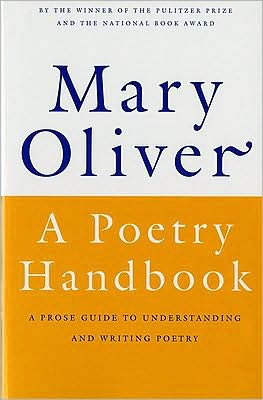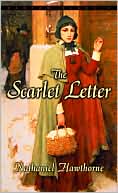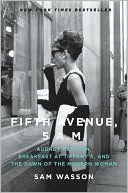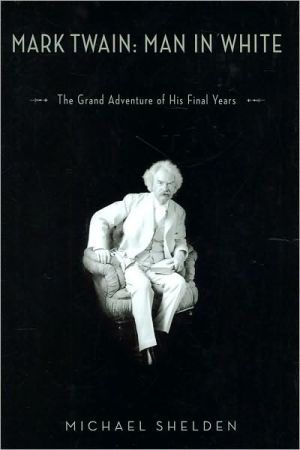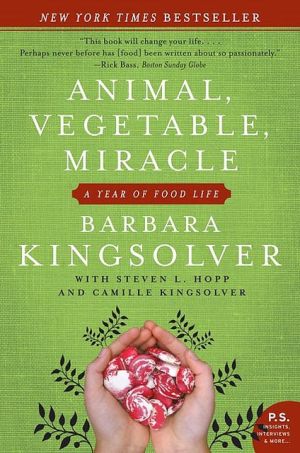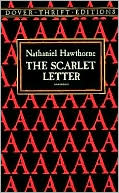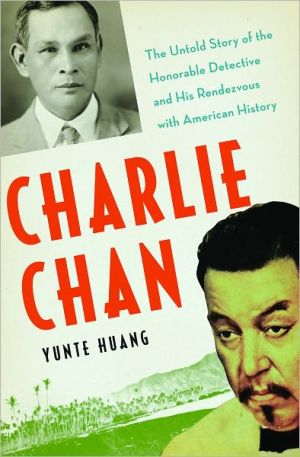A Poetry Handbook
With passion, wit, and good common sense, the celebrated poet Mary Oliver tells of the basic ways a poem is built-meter and rhyme, form and diction, sound and sense. Drawing on poems from Robert Frost, Elizabeth Bishop, and others, Oliver imparts an extraordinary amount of information in a remarkably short space. “Stunning” (Los Angeles Times). Index.\ \ \ With passion, wit, and good common sense, the celebrated poet Mary Oliver tells of the basic ways a poem is...
Search in google:
With passion, wit, and good common sense, the celebrated poet Mary Oliver tells of the basic ways a poem is built-meter and rhyme, form and diction, sound and sense. Drawing on poems from Robert Frost, Elizabeth Bishop, and others, Oliver imparts an extraordinary amount of information in a remarkably short space. “Stunning” (Los Angeles Times). Index.Publishers WeeklyNational Book Award winner Oliver ( New and Selected Poems ) delivers with uncommon concision and good sense that paradoxical thing: a prose guide to writing poetry. Her discussion may be of equal interest to poetry readers and beginning or experienced writers. She's neither a romantic nor a mechanic, but someone who has observed poems and their writing closely and who writes with unassuming authority about the work she and others do, interspersing history and analysis with exemplary poems (the poets include James Wright, William Carlos Williams, Elizabeth Bishop, Marianne Moore and Walt Whitman). Divided into short chapters on sound, the line, imagery, tone, received forms and free verse, the book also considers the need for revision (an Oliver poem typically passes through 40 or 50 drafts before it is done) and the pros and cons of writing workshops. And though her prose is wisely spare, a reader also falls gladly on signs of a poet: ``Who knows anyway what it is, that wild, silky part of ourselves without which no poem can live?'' or ``Poems begin in experience, but poems are not in fact experience . . . they exist in order to be poems.'' (July)
\ From Barnes & NobleMary Oliver is a Pulitzer Prize and National Book Award winner and one of the most celebrated poets of our time. In A Poetry Handbook, Oliver imparts some of her wisdom and impressions about poetry -- everything from the basics of building a poem to how form and diction work. The chapter on revision alone makes this one worth it, but Oliver's look at the works of such luminaries as Robert Frost and Elizabeth Bishop adds immeasurable value.\ \ \ \ \ Publishers Weekly - Publisher's Weekly\ National Book Award winner Oliver ( New and Selected Poems ) delivers with uncommon concision and good sense that paradoxical thing: a prose guide to writing poetry. Her discussion may be of equal interest to poetry readers and beginning or experienced writers. She's neither a romantic nor a mechanic, but someone who has observed poems and their writing closely and who writes with unassuming authority about the work she and others do, interspersing history and analysis with exemplary poems (the poets include James Wright, William Carlos Williams, Elizabeth Bishop, Marianne Moore and Walt Whitman). Divided into short chapters on sound, the line, imagery, tone, received forms and free verse, the book also considers the need for revision (an Oliver poem typically passes through 40 or 50 drafts before it is done) and the pros and cons of writing workshops. And though her prose is wisely spare, a reader also falls gladly on signs of a poet: ``Who knows anyway what it is, that wild, silky part of ourselves without which no poem can live?'' or ``Poems begin in experience, but poems are not in fact experience . . . they exist in order to be poems.'' (July)\ \ \ Library JournalLate in his career, William Butler Yeats urged fellow poets to learn their craft. Heeding his advice, Pulitzer Prize-winning poet Oliver (New and Selected Poems, LJ 10/92) provides an excellent handbook for young poets on the formal aspects and structure of poetry. Oliver excels at explaining the sound and sense of poetry-from scansion to imagery, diction to voice. She stresses the importance of reading poetry, since, in order to write well, ``it is entirely necessary to read widely and deeply.'' Sage advice is given in an entire chapter dedicated to revision, wherein Oliver urges poets to consider their first draft ``an unfinished piece of work'' that can be polished and improved later. Written in a pleasant and lucid style, this book is a wonderful resource for teachers of poetry. Highly recommended for all school libraries.-Tim Gavin, Episcopal Acad., Merion, Pa.\ \
